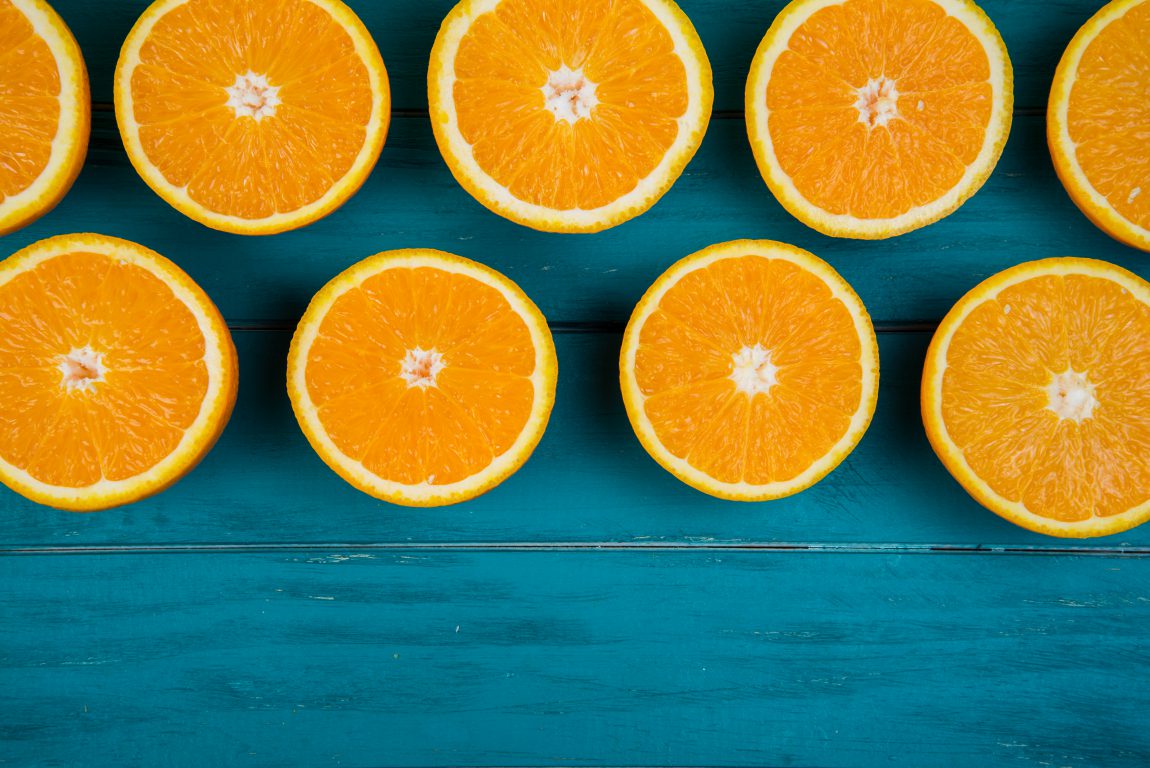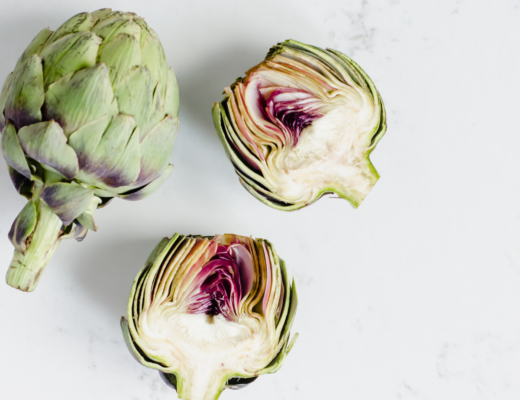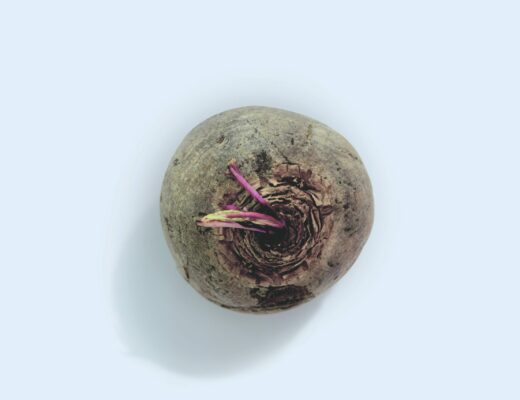Proper food combining is important because different types of foods digest at different rates and with different enzymes. Some foods digest better in an acidic environment, while others digest better in an alkaline environment.
When you eat several foods that digest at different rates, use different enzymes or need different pH levels, your digestion gets out of whack and things begin to rot and ferment in your body. This can turn into stored toxins and promote gas and bloating. When your body can’t digest food properly, it can lead to digestive problems such as decreased nutrient assimilation, gas, abdominal pain, swelling, constipation, contaminated blood, and mental fog.
Take into account the speed at which food digests. Fruit digests the quickest, then greens, then non-starchy vegetables, then starches and finally, digesting the slowest is protein.
Fruit –> Greens –> Non-starchy Vegetables –> Starches –> Protein
Eating foods in the correct order (according to their transit times) and when you get the combining right, your body gets to use the nutrients in the food.
Food Combining Guideline
Fruit First
Fruit is a food that digests best alone. While you’ll read in #3 that not all fruits digest best together, it has the fastest exit rate of the stomach, therefore should be eaten first or alone.
Protein and Starches do NOT Mix
Is it a common occurrence to consume a heaping serving of mashed potatoes next to a large portion of meat and/or dairy? This is one of the worst food combinations, but can easily be improved. Because the human body requires an acid base to digest proteins and an alkaline base to digest starches, this can lengthen the time of digestion and cause fermentation in the gut. This can lead to bloating, indigestion, and stinky bowel movements.
To correct his, it is best to eat proteins with non-starchy vegetables and especially leafy greens. Starches can be consumed on their own or with other vegetables, but not with protein.
Melons Go Alone
Melons digest completely different than other foods. Due to its quick fermentation process, melon will create bloating and gas if eaten with any other foods. For optimal digestion, melons should be consumed alone and on an empty stomach
Leafy Greens Abound
Greens are loaded with amino acids (building blocks of protein), essential minerals and nutrients, and fiber, and they food combine well with all foods.
Fat Rules
While fats and oils combine well with everything (except fruit!), they should be used in limited amounts.
Yes, there are a lot of rules when it comes to food combining, but the most important rule is to never combine fruit with starches. By avoiding this combination, fermentation, bloating, and gas will be minimized. If you don’t remember anything else, remember this!
Fruit and grain (or carbohydrates) have a similar digestion rate, so they, in turn, compete with one another. The grain/carb
wins the competition, and the fruit ferments while it waits its turn to be digested. Examples of carbohydrates include potatoes, grain, bread, and legumes.
A good rule of thumb to follow is to eat fruit at least 30 minutes before a meal or 1 hour after.
What if it’s too late? When you overeat or eat improperly combined foods resulting in intestinal discomfort, instead of an over-the-counter remedy, try one of the following:
• Raw apple cider vinegar in water (1 tablespoon in 4 ounces water)
• Digestive enzymes (1-2 capsules 20 minutes before a meal or 2 capsules after a meal that has caused bloating)
• Ginger tea before or after a meal
• One pinch of baking soda in 4-6 ounces warm water to neutralize acid




